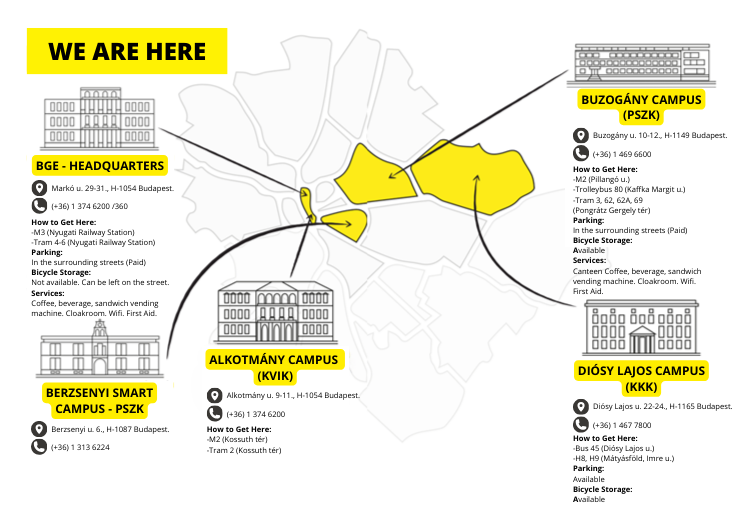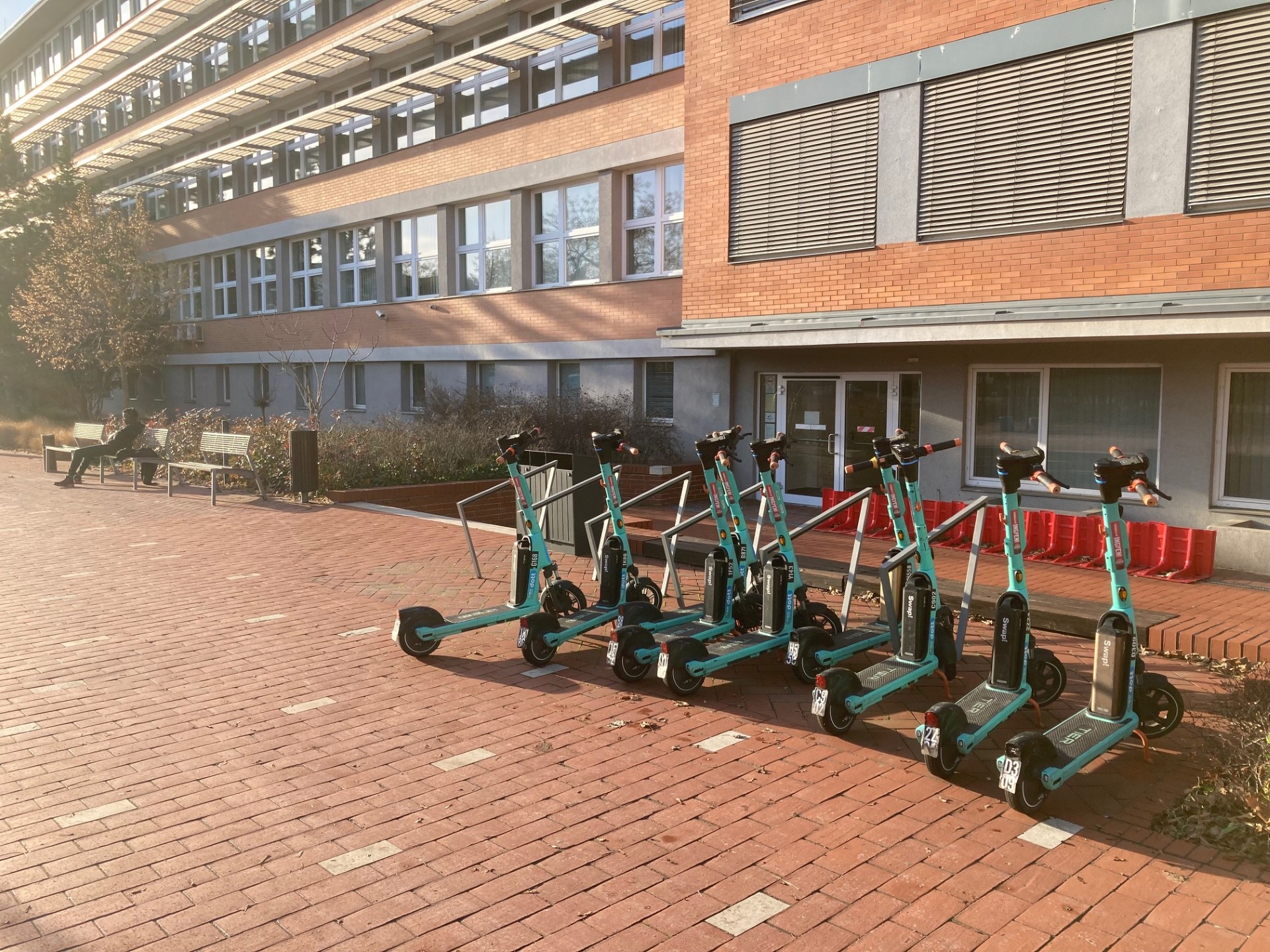Operating across nine campuses, the University acknowledges the significant emissions generated by travel between these locations. In response, we have put forth several proposals to encourage university citizens to adopt practices that mitigate these emissions. Notably, our campuses are strategically located with convenient access to public transport, with most situated near metro lines.
A substantial portion of our students and staff opt for eco-friendly commuting solutions, predominantly relying on public transport to reach the campuses and their workplaces. The accessibility of the public transport network, coupled with the presence of numerous stations supporting bicycles and micromobility near our campuses, further facilitates sustainable commuting options for our university community. This collective effort underscores our commitment to reducing environmental impact and fostering a culture of responsible transportation.
The university vehicle fleet consists of 14 cars, half of which are electrically powered, contributing to the reduction of environmental impact. Additionally, by greening the fleet, our greenhouse gas emissions have decreased by almost half.
Teleworking
The introduction of teleworking during the COVID-19 period has proven to be a valuable strategy in further reducing emissions from travel. Actively encouraging and supporting our employees in adopting remote work practices wherever feasible has been a key initiative.
By facilitating and promoting telecommuting, we not only contribute to the reduction of carbon emissions associated with daily commuting but also embrace a flexible and sustainable approach to work. This commitment aligns with our ongoing efforts to minimize our environmental footprint and foster responsible practices in response to evolving global challenges.
Public Transportation
We support sustainable and public transportation access to our university. We pay special attention to ensuring that our off-site events are easily accessible by public transportation.

